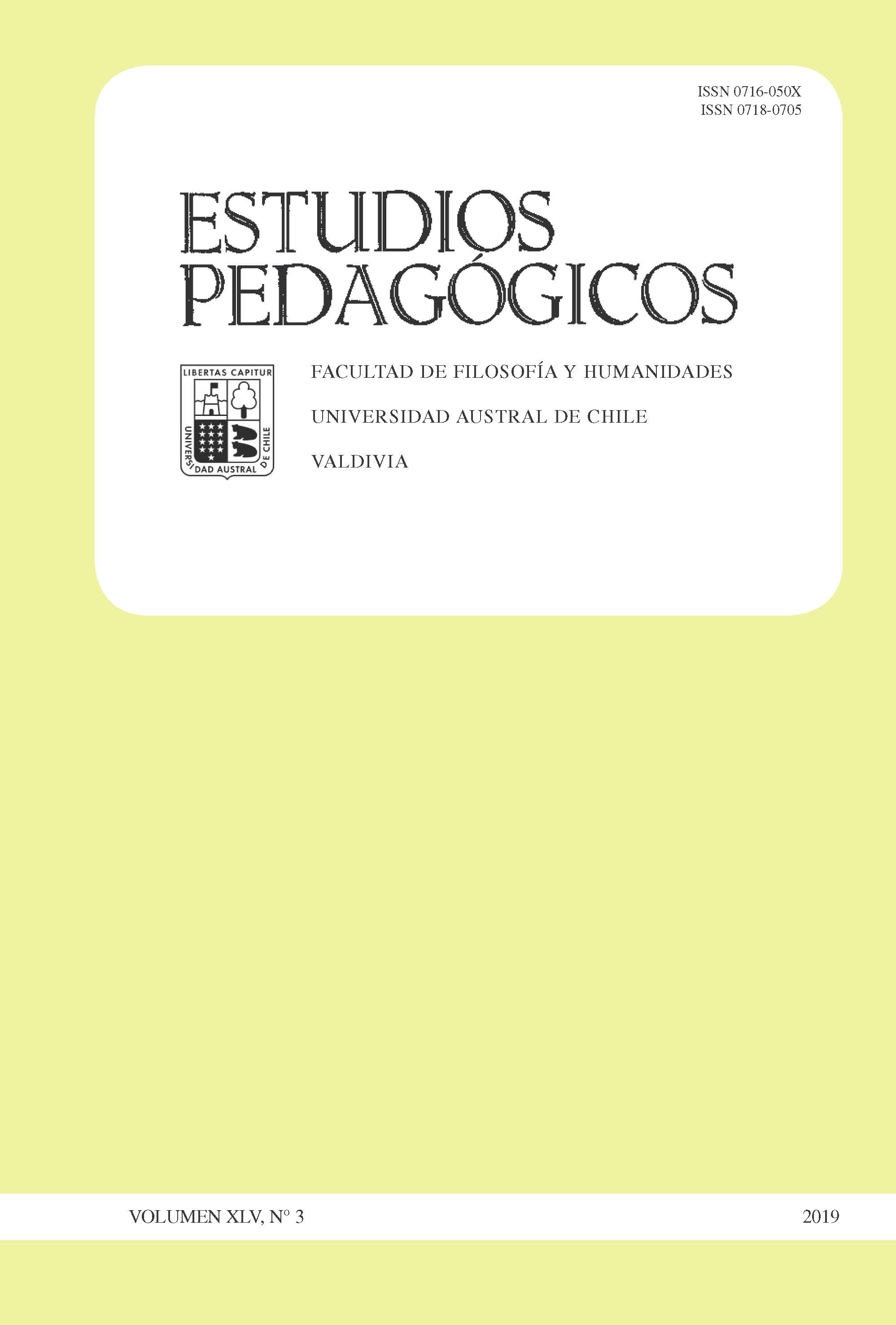Educational Policies and Migration in Latin America: contributions for a comparative perspective
Main Article Content
Abstract
The right to education constitutes a significant area for the work with migrant children, as it includes many possibilities for inclusion and social cohesion in host societies. In the Latin American context there is no common operational structure linked to the exercise and guaranteeing of this right. In this framework, the aim of this article is to analyse, in comparative terms, the legislative and political mechanisms that guarantee the right to education for migrant boys, girls and adolescents in Chile, Argentina, Uruguay, Costa Rica and Colombia. Through a documentary analysis of international conventions, laws and policies, it was found that although there are common principles on an ethical level, in political terms there is a considerable difference in the way the right to education is approached, which can have consequences when it is fully applied.

